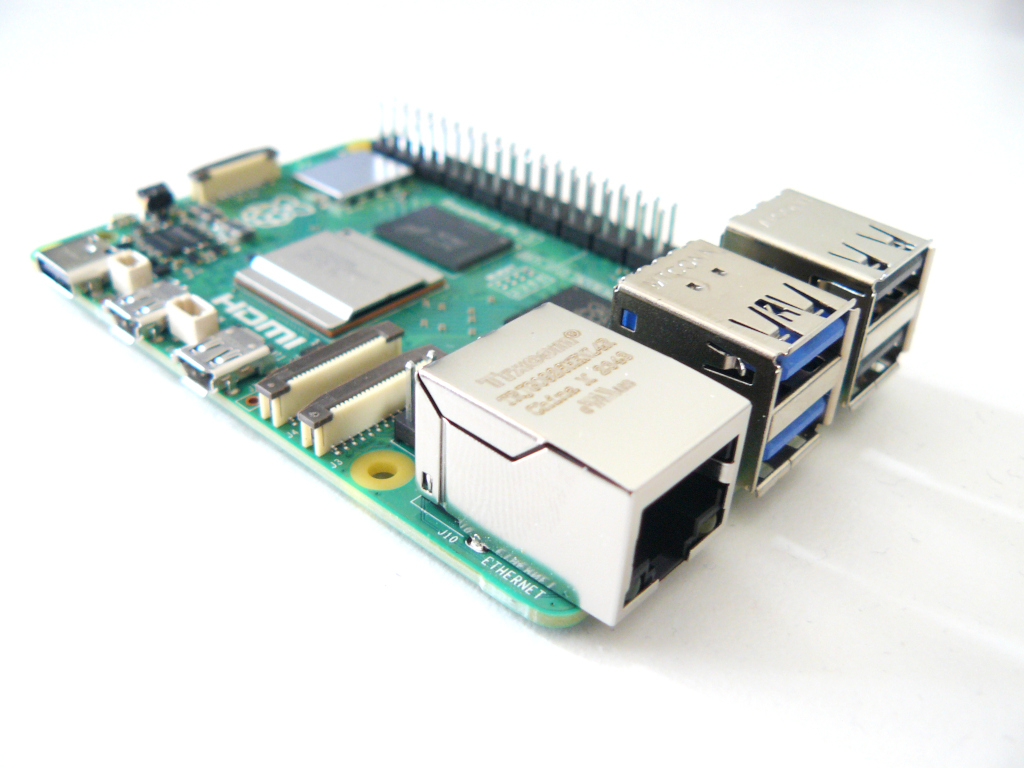
Finding the Version of Raspberry Pi OS Installed
Finding the Raspberry Pi Release Codename
Each version of the Raspberry Pi OS has a codename. To find out the name of OS that is installed on your pi do:
cat /etc/os-release
This will produce output like this. The version codename in this case is buster and can be seen several times in the file. The line VERSION_CODENAME just shows the version codename on it’s own:
PRETTY_NAME="Raspbian GNU/Linux 10 (buster)"
NAME="Raspbian GNU/Linux"
VERSION_ID="10"
VERSION="10 (buster)"
VERSION_CODENAME=buster
ID=raspbian
ID_LIKE=debian
HOME_URL="http://www.raspbian.org/"
SUPPORT_URL="http://www.raspbian.org/RaspbianForums"
BUG_REPORT_URL="http://www.raspbian.org/RaspbianBugs"
Some instructions on the web say you must have a release newer than a particular codename for the instructions to work. If you want to find out how old your Raspberry Pi OS is and whethere it is newer than the requirement, wikipedia has an excellent list of all Raspberry Pi OS versions and what dates they were released on.
Determining if the OS is 32-bit or 64-bit
To find out if the current version is 32-bit or 64-bit do:
uname -m
If this says aarch64, this means a 64-bit operating system is installed. If it says anything else such as armv7l this means a 32-bit OS is installed.
Finding the Debian Version Number
Raspberry Pi OS is based on another Linux distribution called Debian. To find out which Debian version this Raspberry Pi OS originated from do:
cat /etc/debian_version
which will print the Debian version number.
Finding the Linux Kernel Version Number
Debian is a kind of Linux. Another question might be which kernel version your OS has. This is effectively the version number of the core Linux that Debian is produced from. To find this do:
uname -r
which will print something like this:
6.6.20+rpt-rpi-v8
The Linux kernel version in this case is 6.6.20.
